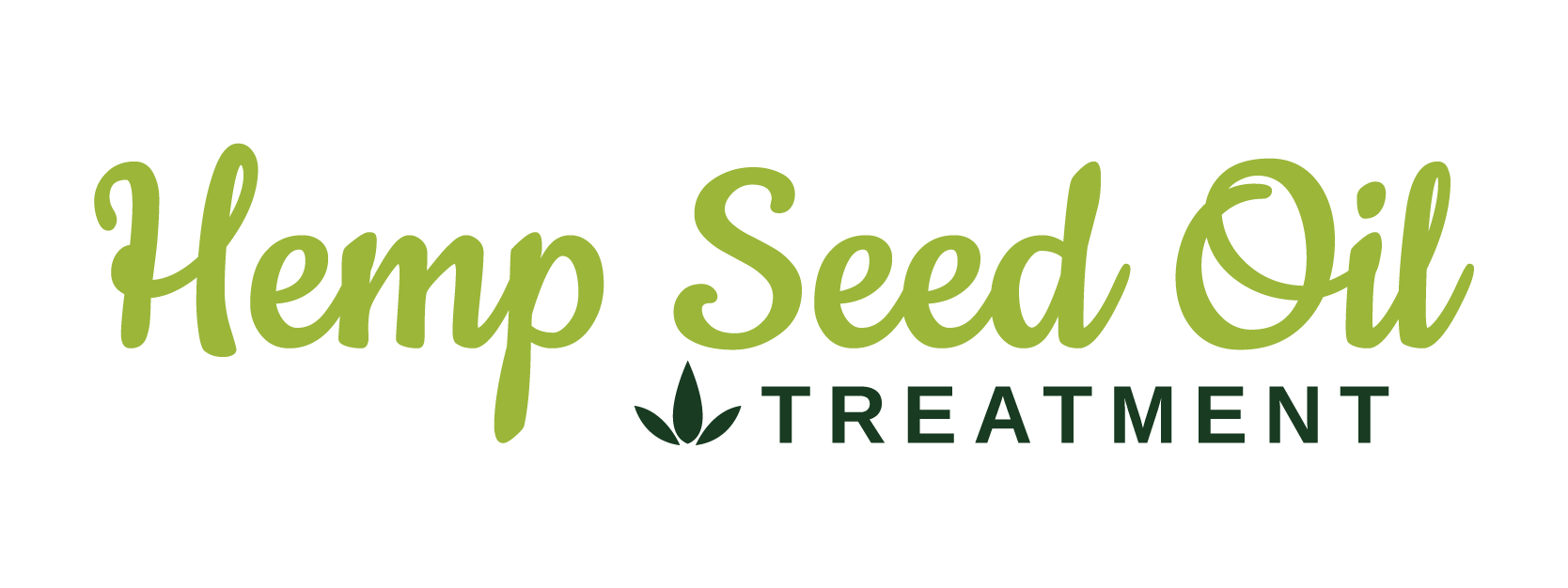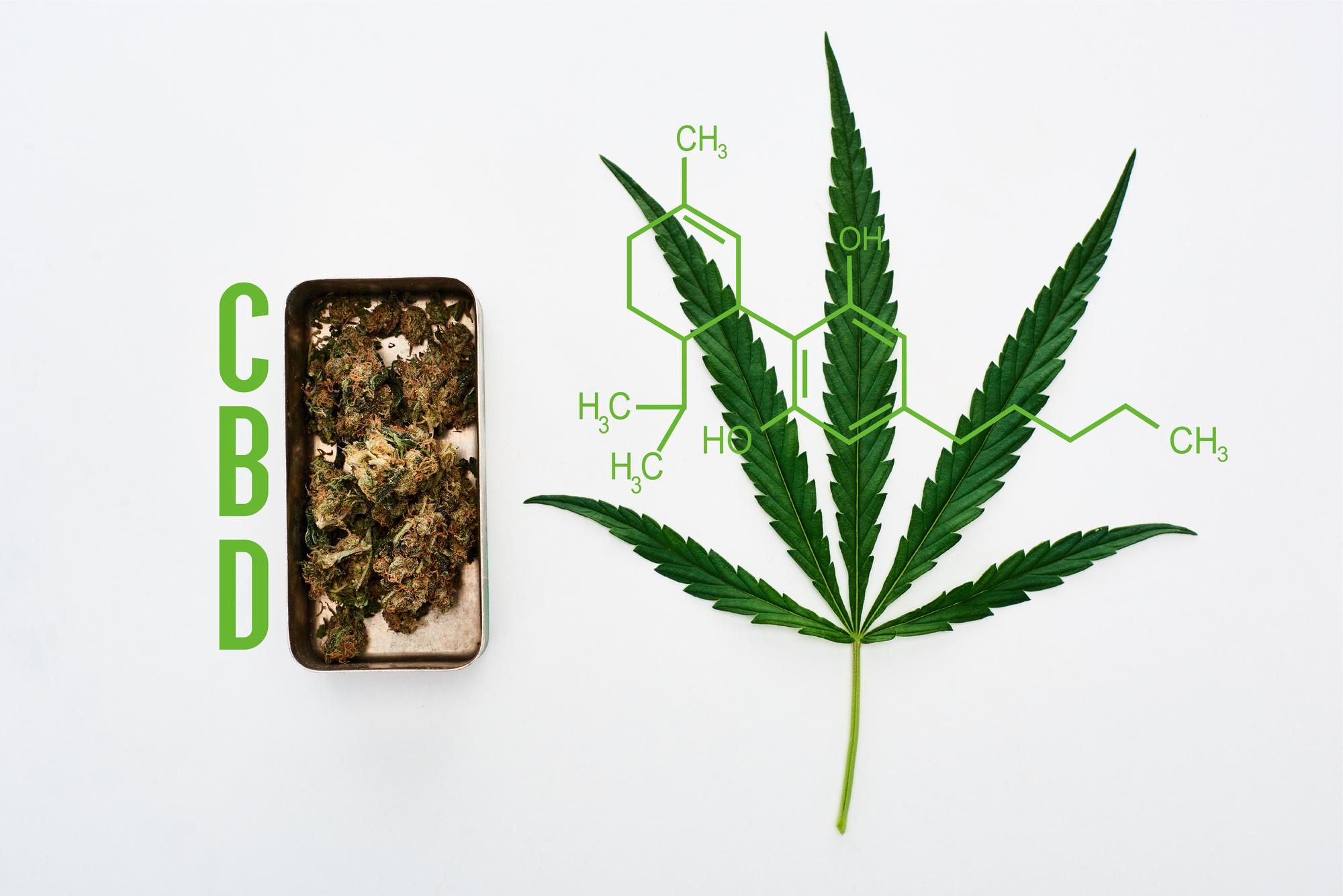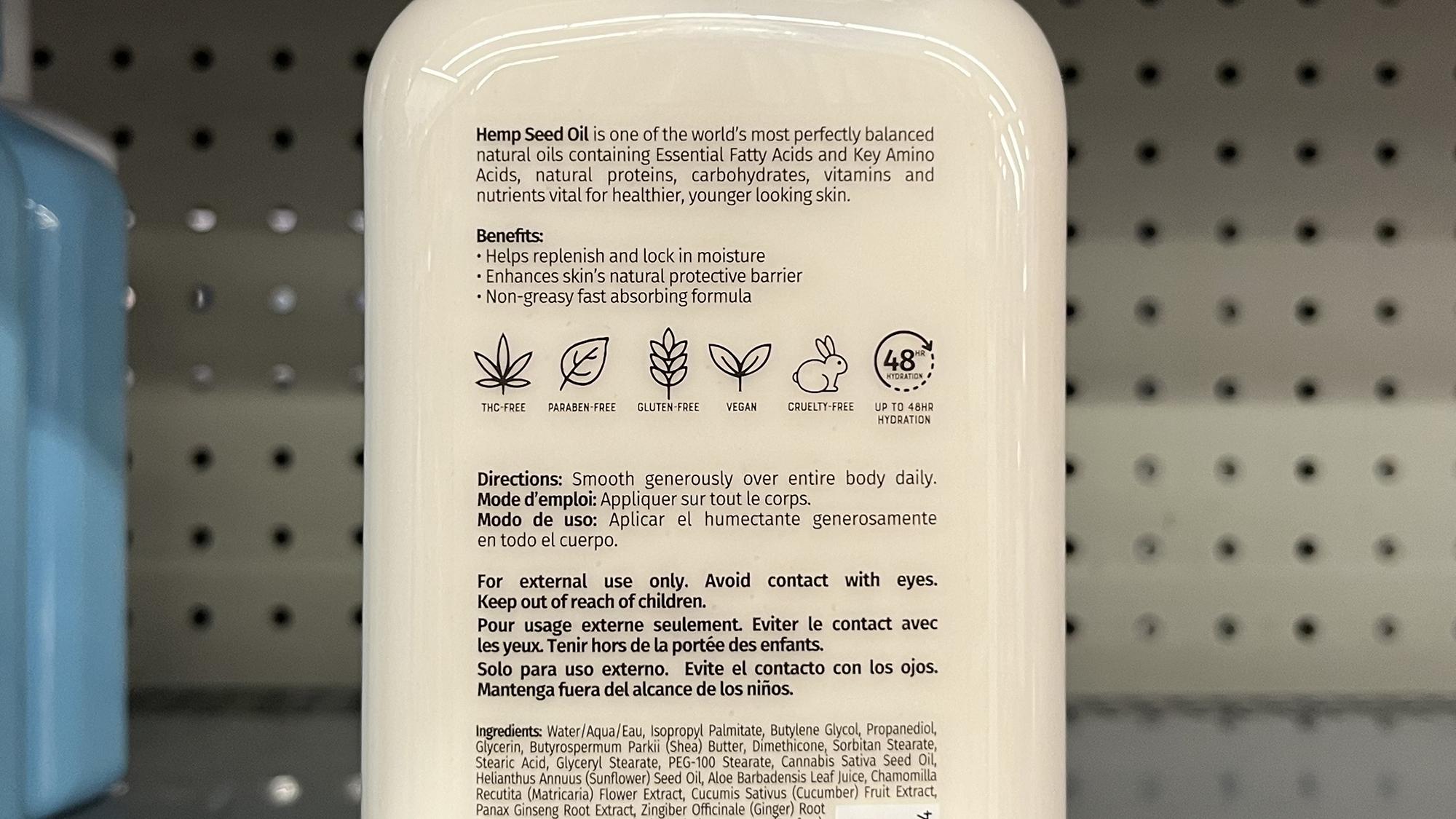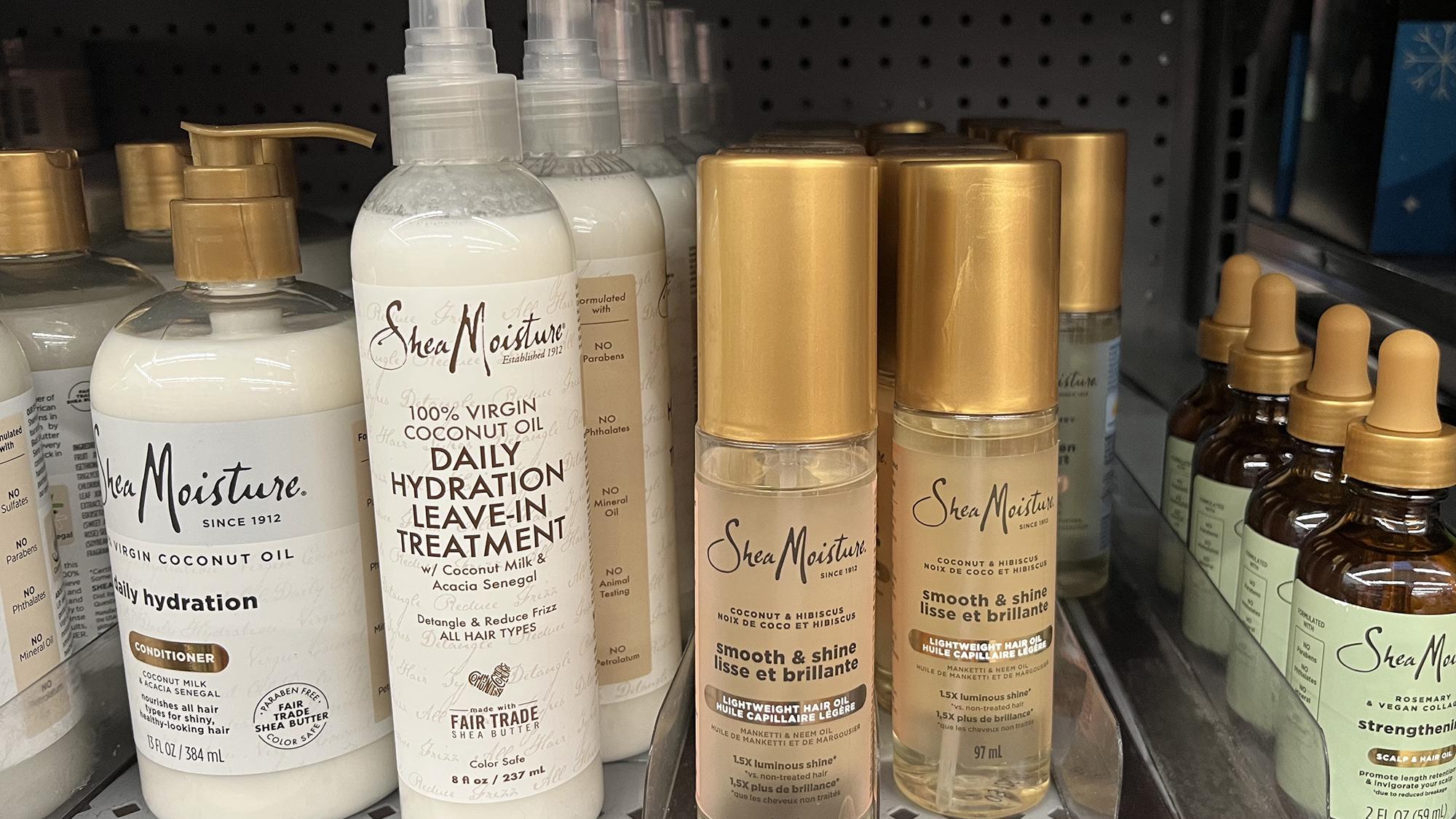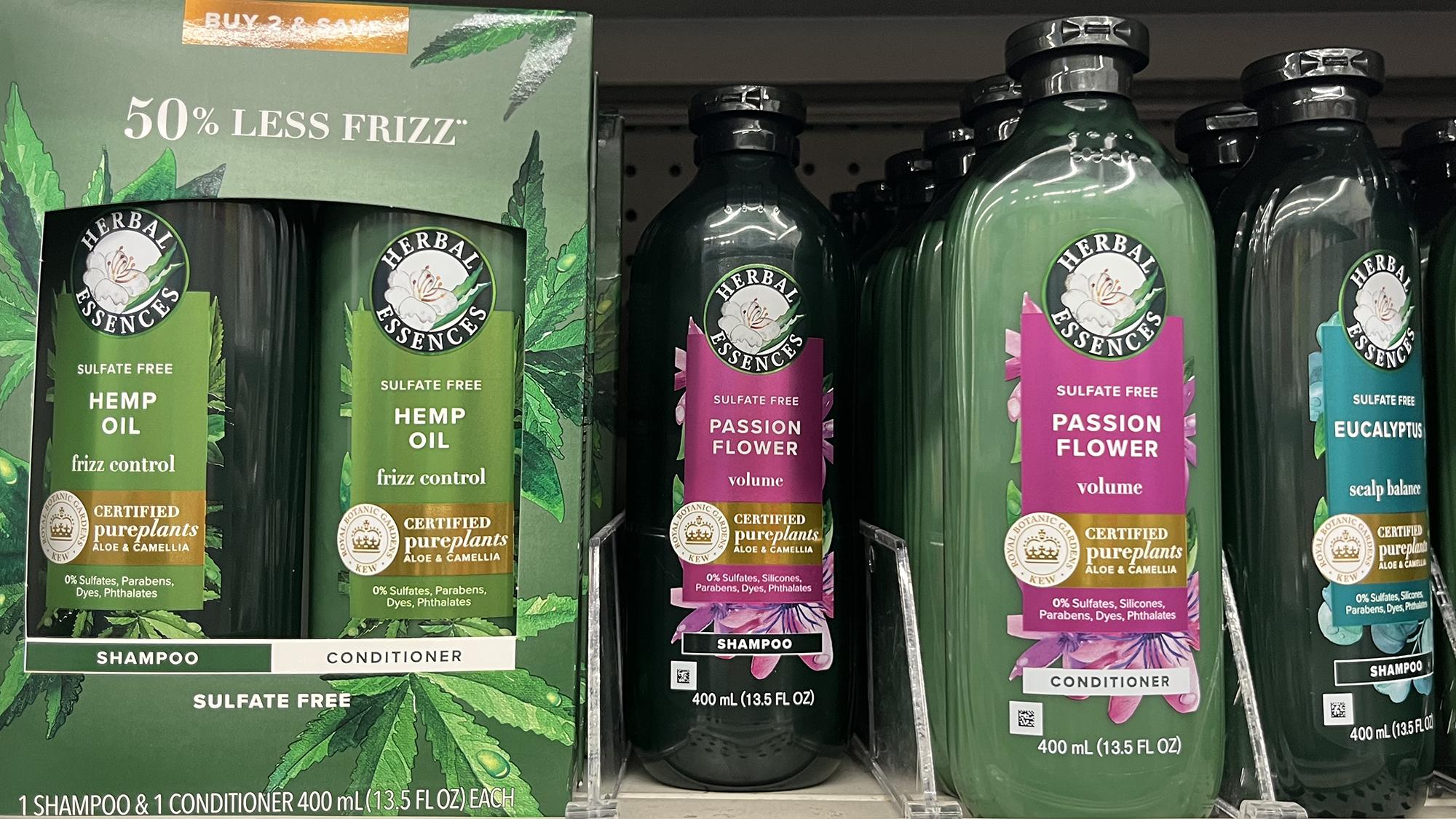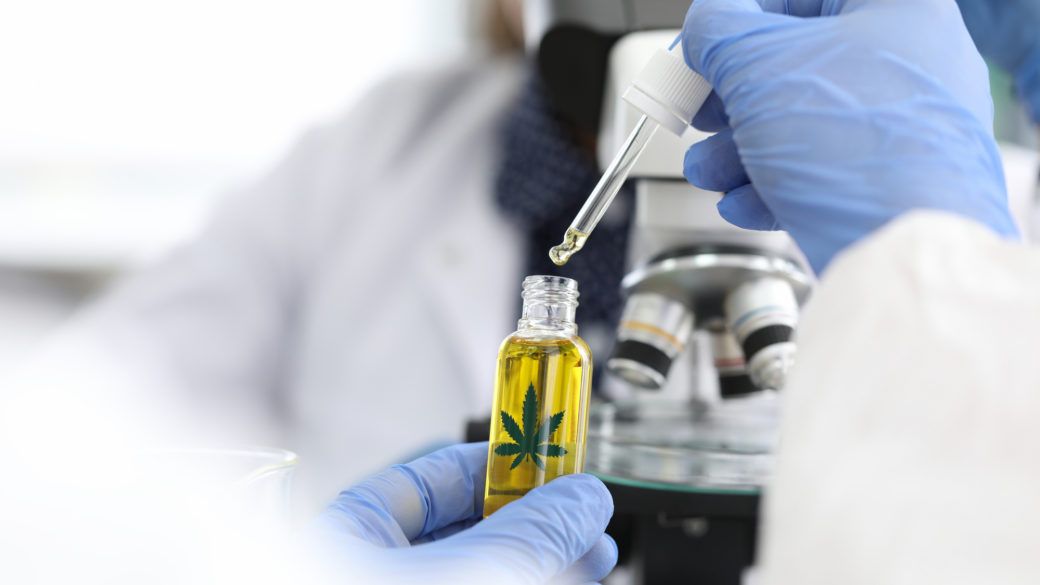Hemp seed oil treatments do not require FDA approval to be sold—unless they are marketed or formulated to act as drugs. The key distinction lies in how a product is positioned on the market. Whether a hemp seed oil treatment is considered a cosmetic, dietary supplement, or drug determines how it is regulated.
For cosmetics, such as facial oils, serums, or conditioners, the FDA does not require pre-market approval of the products or their ingredients, with the exception of color additives. Companies are, however, responsible for ensuring that their products are safe, properly labeled, and manufactured under sanitary conditions. If a hemp seed oil product claims to “heal acne,” “reduce inflammation,” or “treat eczema,” those are medical claims. Such statements move the product out of the cosmetic category and into the drug category—triggering much stricter regulatory requirements. A product becomes a drug when it is marketed to diagnose, cure, mitigate, treat, or prevent disease, or to affect the structure or function of the human body.
In the case of foods and dietary supplements, hemp seed derivatives—such as hemp seed oil, hemp seed protein, and hemp seed powder—have been recognized by the FDA as Generally Recognized as Safe (GRAS) for specified food uses. This means hemp seed oil can legally be added to foods when manufacturers follow standard food safety and labeling regulations. However, GRAS status is not the same as product “approval.” Dietary supplements, under the Dietary Supplement Health and Education Act (DSHEA), also do not require FDA pre-market approval. Instead, manufacturers are responsible for ensuring safety and truthfulness in labeling. The FDA can, however, take enforcement action against any supplement that is adulterated, unsafe, or misbranded.
It’s also crucial to differentiate between hemp seed oil and CBD oil. While hemp seed oil is pressed from the seeds of the plant and contains little to no cannabinoids, CBD oil is extracted from the flowers and leaves and contains cannabidiol. The FDA has made it clear that CBD cannot currently be marketed as a dietary supplement or added to foods under existing law. Hemp seed oil, on the other hand, is compliant when used within GRAS guidelines.
When it comes to advertising and claims, both the FDA and the Federal Trade Commission (FTC) oversee labeling and marketing. Claims must be truthful, not misleading, and supported by reliable scientific evidence. Disease treatment claims or unverified health statements can result in enforcement actions, even for natural products.
In summary:
- Cosmetics with hemp seed oil do not need FDA approval but must be safe and correctly labeled.
- Foods and supplements can use hemp seed oil if they follow GRAS and DSHEA guidelines.
- Drug claims require FDA approval and clinical evidence before marketing.
Ultimately, how a brand markets its hemp seed oil treatment—especially the claims made on packaging or online—determines whether it falls under FDA oversight or enforcement.
